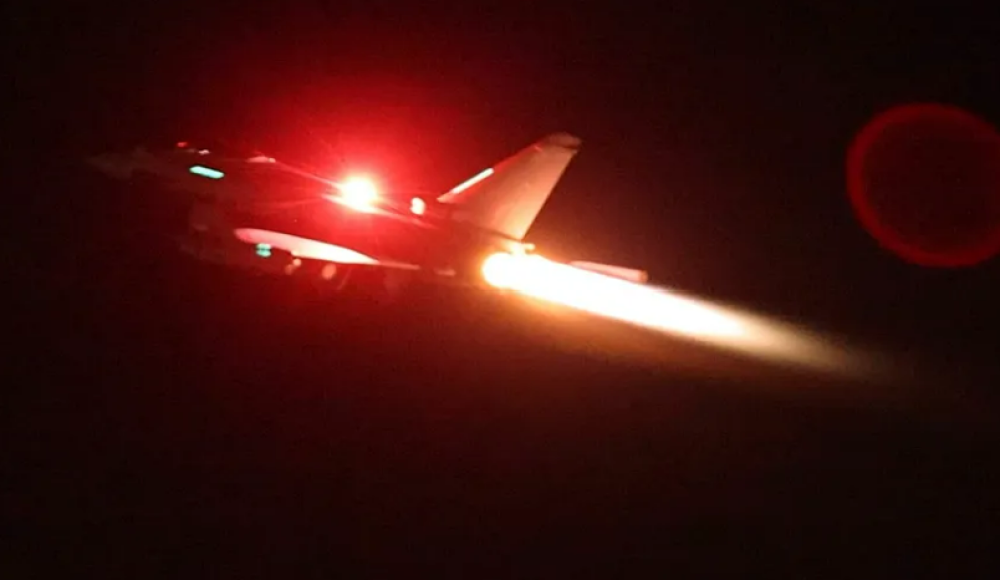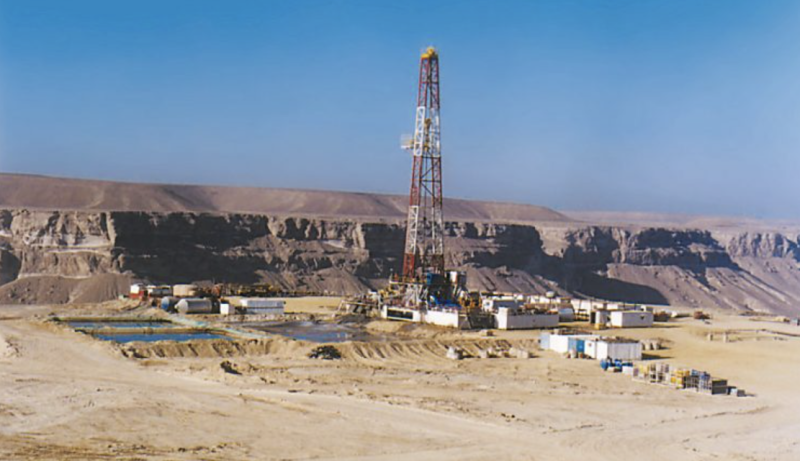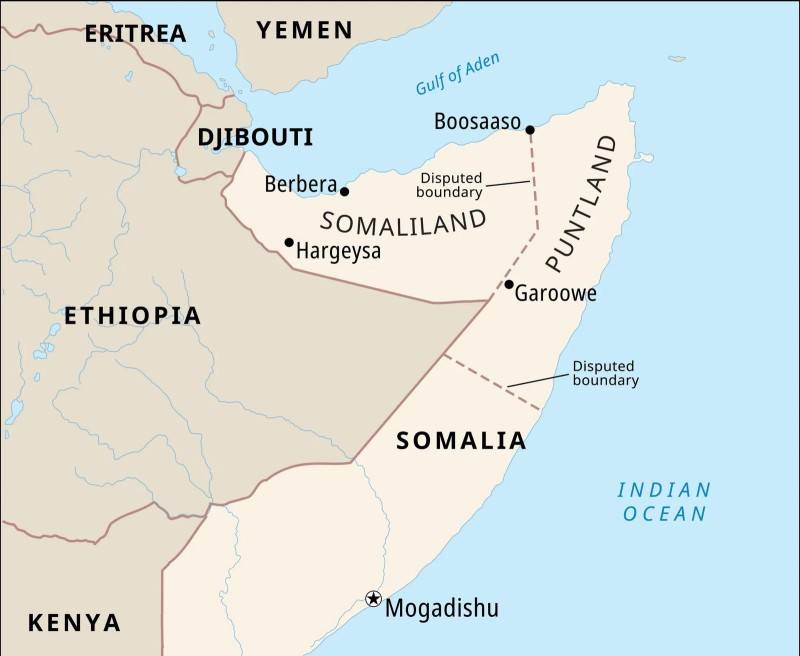US strikes Houthi rebels in joint Yemen bombing with UK. How close are we to all-out war?


Coordinated U.S. and British bombings of Iran-backed Houthi rebels in Yemen early Friday were in retaliation for weeks of attacks against cargo ships in the Red Sea. The question at hand: Is the U.S. barreling toward war?
The strikes represent a significant escalation of U.S. involvement in the Middle East amid Israel’s war in Gaza − and perhaps the most dangerous escalation of a conflict that threatens to metastasize across the region. Just a few days earlier, Secretary of State Antony Blinken, kicked off his fourth urgent Mideast mission in three months, aimed at containing spillover from the ongoing conflict.
Some foreign affairs and defense experts say the U.S. military response against the Houthis may not deter a battle-hardened group that has emerged relatively unscathed from years of bombings by a coalition of Arab countries led by Saudi Arabia and the United Arab Emirates − and has vowed not to stop its attacks until Israel completely halts its military campaign in Gaza.
"The U.S. has now put itself in a situation where more military action is all but assured if (or more likely when) the Houthis retaliate, resulting in a tit-for-tat cycle that could quickly get out of hand," said Daniel DePetris, a foreign affairs fellow at Defense Priorities, a Washington, D.C.-based think tank that advocates for a smaller world role for the U.S. military.
Regardless of whether this is a series of limited strikes or the start a longer more complex war, the timing could have broad political implications in a presidential election year in the U.S.
Why are Houthis attacking ships in the Red Sea?
There have been 27 Houthi attacks since November − attacks that have been framed as a retaliation against Israel's war in Gaza that began after the Oct. 7 Hamas attack.
The first assessments of damage by a barrage of U.S.-led attacks on sites in Yemen used by Houthi militants to fire missiles and drones into commercial shipping lanes in the Red Sea were positive, according to the Pentagon.
The U.S. military fired missiles from ships and submarines, and backed those attacks with airstrikes by U.S. and British warplanes, on Houthi sites harboring drones, ballistic and cruise missiles and coastal radar stations. Several other nations supported the attack.
“Initial indications are that they had good effects,” Maj. Gen. Pat Ryder, the Pentagon press secretary said Friday. “We have not seen any retaliatory actions yet by the Houthis.”
Still, the Houthis have vowed to that the U.S. and British strikes won't go without "punishment or retaliation."
It's a promise that risks tipping the U.S. and a handful of its western allies ever closer to all-out war in the Middle East, experts say.
"Bombing them very likely will escalate matters, which means that not only will the attacks not be stopped, but the broader war that (President Joe) Biden seeks to prevent will likely become a reality," said Trita Parsi, of the Washington, D.C.-based Quincy Institute for Responsible Statecraft, as the attacks were getting underway.
"The strikes on the Houthis will not work," said Benjamin H. Friedman, the policy director at Defense Priorities. "That is, they are very unlikely to stop Houthi attacks on shipping."
Friedman said the "strikes’ probable failure will invite escalation to more violent means that may also fail."
Strikes against Yemen's Houthis: What just happened?
U.S. and Britain, supported by Australia, Bahrain, Canada, Denmark, Germany, the Netherlands, New Zealand and South Korea, bombed more than a dozen sites in Yemen used by Houthi rebels. They struck Houthi missile, radar and drone infrastructure to limit its ability to target international commercial vessels and warships in the Red Sea.
The U.S. Air Force’s Mideast command said it struck over 60 targets at 16 sites in Yemen, including "command-and-control nodes, munitions depots, launching systems, production facilities and air defense radar systems."
A Houthi military spokesman said at least five of its fighters were killed and six wounded in the strikes.
Is this a war?
The Biden administration on Friday stressed that the Middle East military action was not a full-scale war.
''There's no war with the Houthis,'' John Kirby, the National Security Council spokesman, said during an Air Force One briefing for reporters. "We don't seek a war in Yemen.''
“This was designed to disrupt it, to degrade Houthi’s military capabilities,” Kirby said, adding, they were still assessing the impact of the strikes.
Kirby also said the US would continue to hold Iran accountable for “their destabilizing activities” for backing the Houthis, Hezbollah and Hamas, though he did not elaborate on specific plans.
Asked about the still-hospitalized Defense Secretary Lloyd Austin’s involvement in planning the strikes, Kirby described them as “seamless.”

The Arab League, the Muslim World League, and several Arab and Islamic countries have called for an immediate halt to military escalation in Yemen,…

Hargeisa -- In the first international recognition since it declared independence from Somalia in 1991, Israeli Prime Minister Benjamin Netanyahu a…

In his first Christmas address titled Urbi et Orbi, Pope Leo XIV called on the world to embrace responsibility as the surest path to achieving peac…